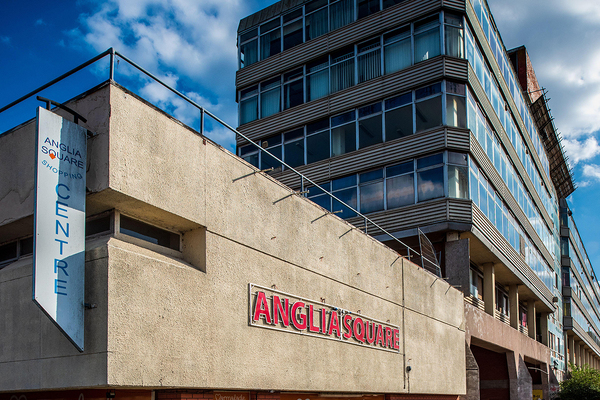You are viewing 1 of your 1 free articles
Automation could put more than one million social housing residents’ jobs at risk, research finds
More than 60% of social housing residents’ jobs are at high risk from automation, a new report by the country’s biggest housing association has found.
A study by the Royal Society for the Encouragement of Arts, Manufactures and Commerce (RSA), in partnership with Clarion Housing Group, examined the relationship between housing tenure and automation.
The report, ’Social Security: automation and economic security among England’s social renters’, found that 61% of social residents in work are in jobs at high risk from automation, compared with 43% of private renters and 35% of owner-occupiers.
That puts more than 1.1 million social housing residents’ jobs at risk, with some of the most at-risk roles identified as retail (which employs 216,000 social residents), cleaning (177,000), elementary service roles (176,000), road transport (151,000) and storage (84,000).
The report also found that social housing residents are much less likely to have jobs that allow them to work from home, as 74% of social residents did not do so during the height of the pandemic.
The RSA said that this indicates increased risk from the changing world of work, as working from home becomes part of many roles.
The research revealed that wages for social housing residents are set to fall in real terms, as fewer than four in 10 (38%) social renters receive an annual incremental pay increase – six percentage points fewer than both owner occupiers and private renters.
Meanwhile, 41% are “just about managing” financially, compared with 33% in the private rented sector and 13% of owner-occupiers.
The RSA described social housing as “an important lever against economic insecurity” as qualitative interviews carried out as part of the research showed that many especially valued their social rented home during periods of personal crisis, including the coronavirus pandemic.
The authors of the report are calling on the government to agree a ‘Social Housing Plus’ model that would work to ensure all social renters are able to access the local services they need to improve their economic security.
Meanwhile, adult learners in the social housing sector should be provided with a more comprehensive offer of maintenance grants and bursaries as part of the lifetime skills guarantee, the report said.
A pilot ‘guaranteed income’ welfare scheme should also be set up to explore whether ending benefits sanctions increases employment, it added.
Jake Jooshandeh, lead report author and researcher at the RSA, described automation as an “opportunity for social housing tenants”, but one that requires change.
He added: “If the levelling-up agenda is to help social housing tenants, we need to see real action on the twin risks of automation and the cost of living crisis – both of which will hit this group harder without more support.
The report’s authors also said the UK needs to grow its housing stock to ensure 30% of all new homes are for social rent.
David Avery, chair of Clarion, said: “This new report confirms that many people in social housing will need to retrain and will require financial support to do so. That’s why we’re calling on government to provide a comprehensive offer of maintenance grants and bursaries for adult learners, as part of the Lifetime Skills Guarantee.”
Sign up for our daily newsletter
Already have an account? Click here to manage your newsletters













